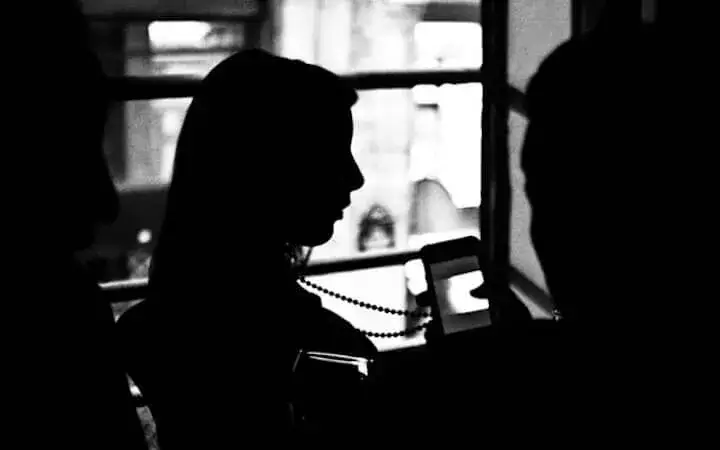
Does human trafficking for sexual exploitation exist? Is it possible to combat it?
To answer these questions, we must be aware that human trafficking for sexual exploitation, that is, the buying and selling of people for sexual exploitation, constitutes a serious violation of human rights. It is very present in our country and predominantly affects women and girls, as shown by official data presented by the Intelligence Center against Terrorism and Organized Crime (CITCO) in the Statistical Report on Human Trafficking and Exploitation in Spain 2019-2023. This report indicates that, out of 2,219 identified victims during this period, 2,193 were women and 32 were girls, mainly originating from Colombia, Spain, Venezuela, Paraguay, Romania, and Brazil, with most located in Andalusia, Catalonia, Valencia, Murcia, and Galicia, in that order (CITCO, 2023, pp. 12-14).
Women and girls, including Spanish nationals, have been deceived, coerced, and multi-victimized. They have suffered one of the most severe manifestations of gender violence due to being women and being in a situation of extreme vulnerability, which undoubtedly has facilitated their recruitment, transportation, and exploitation.
These 2,219 victims have been identified by our State Security Forces and, therefore, have had access to protection and comprehensive support that will facilitate their process of reclaiming violated rights. However, we must consider that the vast majority continue to be exploited in clubs, apartments, roads, and streets, completely invisible yet paradoxically visible to society.
It is said that human trafficking is the third most profitable illicit business in the world, following arms trafficking and drug trafficking, which can help us understand the interests that sustain it. Additionally, considering that Spain lacks specific legislation, that traffickers exploit illegal immigration routes, and that the consumption of prostitution is on the rise in our country, we can conclude that we meet the ideal conditions to continue being a transit and destination place for mafia organizations.
Another reality we must understand about trafficking is that it is extremely complex for women to report their situation for various reasons. Firstly, it is important to know that most do not see themselves as victims and are completely unaware of their rights, especially if they come from countries where women's rights are systematically violated. Secondly, it is crucial to understand that they have been indoctrinated to believe that if they report their situation, not only will they be deported by our authorities for not having regularized status, but their families will pay for their "betrayal" with their lives. In fact, this threat often keeps them in slavery for years until they manage to pay off the debts incurred with the mafias, which range from 3,000 to 50,000 euros, depending on their country of origin and the route taken to enter our country.
So, can we do something to combat trafficking? The answer is always yes, although it is necessary, first, to have a law against trafficking and the necessary police forces. Secondly, it is essential to be able to detect trafficked persons in the care resources for individuals in irregular situations and in contexts of prostitution. Additionally, the entire citizenry, especially institutions and third-sector entities, should be able to recognize and report it.
Indeed, a commitment and citizen participation are required for the eradication of 21st-century slavery, which is why I invite all those interested in combating it to contact Associació in via, where they can receive training and advice. In cases where survivors need comprehensive support, they can be referred to be protected and accompanied, from a human rights approach and an intersectional gender perspective.


Add new comment